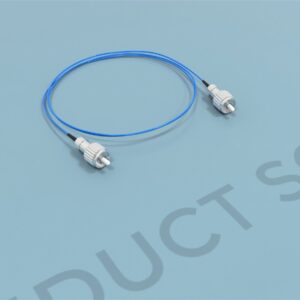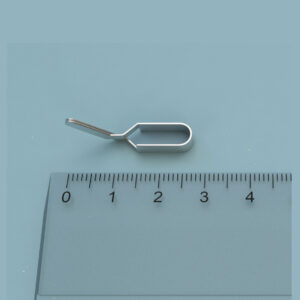$1,695.00 – $1,795.00Price range: $1,695.00 through $1,795.00
The Puzzle Box is a behavioral test used to assess learning, problem-solving, and cognitive flexibility in small animals such as rats and mice. The test is based on the assumption that animals will actively explore their environment and attempt to manipulate objects or obstacles to reach a goal, such as escaping from the box or obtaining a reward.
The Puzzle Box apparatus typically consists of a small enclosed box with one or more obstacles, doors, lids, or removable components that the animal must manipulate in a specific sequence to escape or access a reward. The animal is placed inside the box and allowed to explore and interact with the obstacles. Performance is measured by recording the latency to solve the task, the number of errors made, and the strategies used to reach the goal.
The Puzzle Box is widely used to study the effects of treatments, genetic manipulations, or neurological disorders on learning, memory, and problem-solving abilities. This test is also used to investigate cognitive deficits in models of Alzheimer’s disease, aging, and other neurological conditions.
Mazeengineers offers the Puzzle Box Apparatus.

MazeEngineers empowers preclinical neuroscience research with meticulously designed, customizable behavioral apparatuses. From manual classic mazes to fully automated smart systems, we provide the tools scientists need to capture high-quality, reproducible data for studies on learning, memory, anxiety, and depression.

bool(false)


Mouse | Rat |
Access to the goal box is normally via an underpass 4 cm wide - 2 cm deep and 15 cm long | Access to the goal box is normally via an underpass 6 cm wide - 3 cm deep and 22 cm long |
Start Zone (brightly lit): length: 58cm. Width: 28cm. Height: 27.5 cm | Start Zone (brightly lit): length: 87cm. Width: 42cm. Height: 41.5 cm |
Dark Zone: Length: 15cm. Width: 28cm. Height: 27.5 cm. With Cover. | Dark Zone: Length: 22cm. Width: 42cm. Height: 41.5 cm. With Cover |



| Color | Black, Blue, Clear, Grey, White |
|---|---|
| Species | Mouse, Rat |